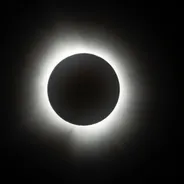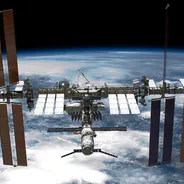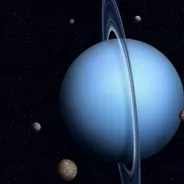Of all the great human endeavours still ahead of us, one of the biggest is a potentially manned spaceflight to the planet Mars. Although our species has had enough ingenuity, to imprint our footsteps on the moon, we haven't yet been able to visit another planet entirely, and despite the numerous strides we've made in science and engineering, the Martian surface is still just as remote as it has ever been.
However, this hasn't deterred the boffins at NASA from doing their utmost to send an astronaut to the Red Planet regardless. Indeed, many budding cosmonauts out there would kill for the chance to be the first person to take that historic step; beginning the colonisation of an alien world, or even searching for extraterrestrial life. But despite their earnest hopes, a former NASA astronaut has made the bold claim that travelling to Mars would be "stupid", and even added that the general public has no interest in such an enterprise.
Speaking to BBC Radio 5 Live, William Anders, one of the first men to orbit the Moon in the Apollo 8 shuttle back in 1968, made the claim that a trip to Mars would be an overly costly venture with little scientific value when probes and robots could do the same job far more effectively.
Anders stated: "What's the imperative? What's pushing us to go to Mars? I don't think the public is that interested." He was also critical of NASA's latter work, stating: "NASA couldn't get to the moon today. They're so ossified ... NASA has turned into a jobs programme ... many of the centres are mainly interested in keeping busy and you don't see the public support other than they get the workers their pay and their congressmen get re-elected."
He added: "I think the space shuttle was a serious error. It hardly did anything except have an exciting launch, but it never lived up to its promise. The space station is only there because you had a shuttle, and vice-versa. NASA really mismanaged the manned programme since the late lunar landings."
However, Anders' other teammate, Frank Borman, was more supportive of NASA's Mars programme in the same interview, stating: "I firmly believe that we need robust exploration of our Solar System and I think man is part of that."
On social media, the reaction to Anders' statements was divisive, to say the least. One Twitter user wrote: "Journey to Mars is too costly in resources, time and so on for humans." Another person stated: "The public are interested in Love Island and John Lewis Christmas adverts. F*ck them. Get to Mars." Man, that guy sounds like a Total Recall fan, huh?
Anders, Borman and Jim Lovell orbited the moon ten times, spending 20 hours in orbit, before returning to Earth; splashing down in the Pacific Ocean on December 27. Anders' comments might be disappointing to space enthusiasts, but there's no doubt that if anyone's an expert on the subject, it's him.












